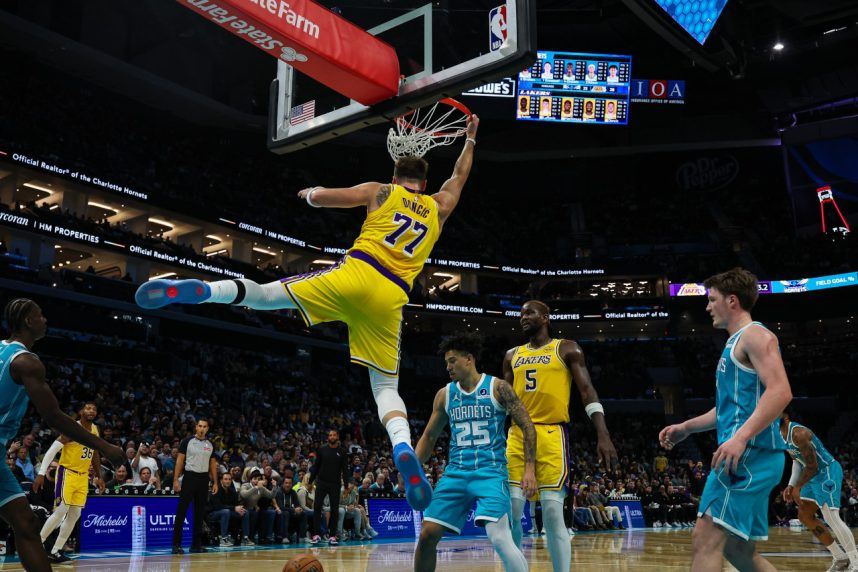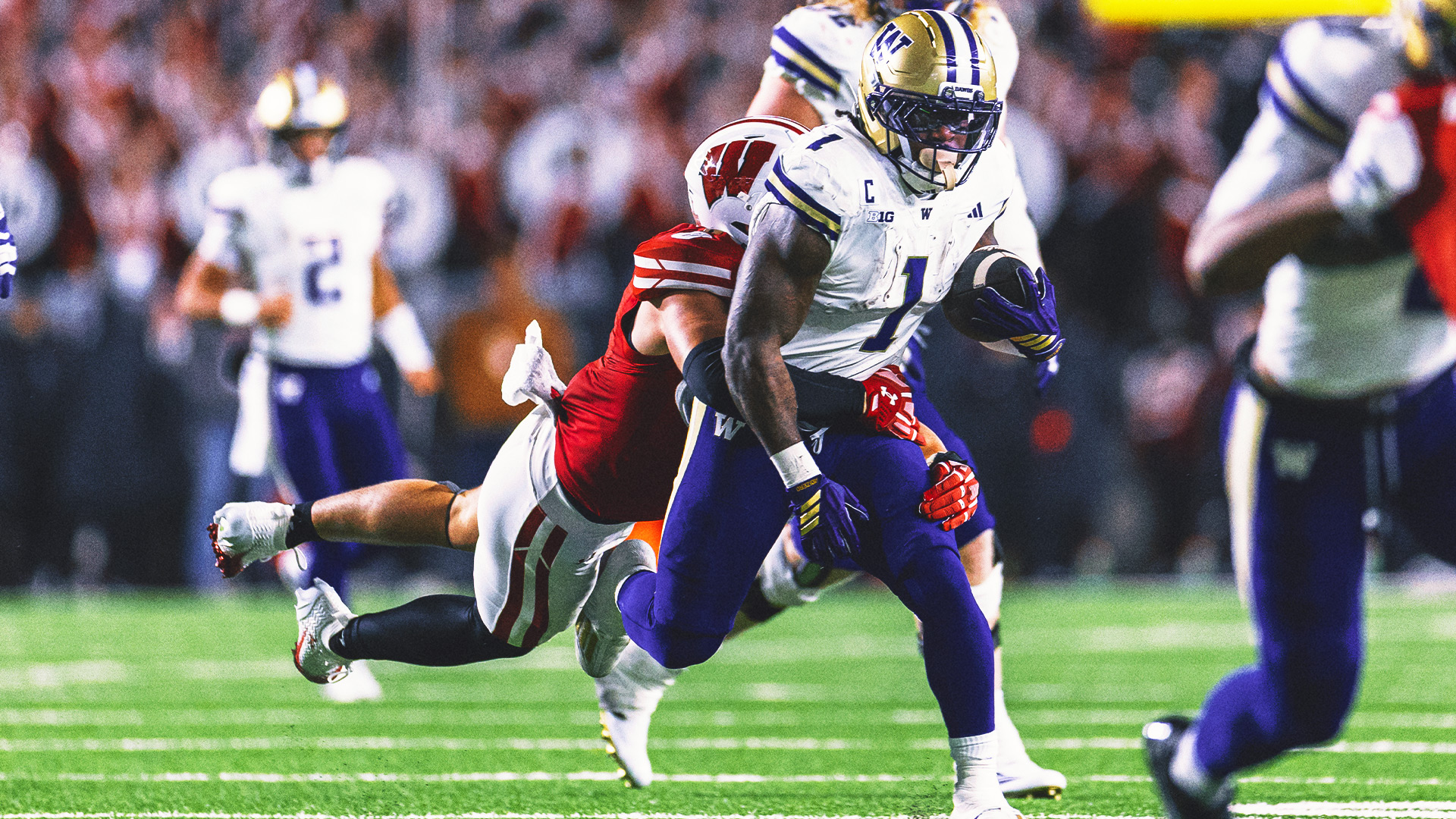Kalshi can continue offering its prediction market contracts in any of the self-governing Native American or American Indian communities throughout the United States (Indian Country).
Sympathy for the Tribes
The decision comes amid a federal judge’s denial of a request from three California tribes for an injunction.
The tribes, Blue Lake Rancheria, the Chicken Ranch Rancheria of Me-Wuk Indians, and the Picayune Rancheria of the Chukchansi Indians, had asked the court to block Kalshi from offering sports event contracts on their lands.
Judge Jacqueline Scott Corley, presiding in the Northern District of California, refused to do it, but not without expressing sympathy for the tribes’ concerns about tribal sovereignty and financial impacts.
“The Court does not take lightly Plaintiffs’ concerns about the effects Kalshi’s activities might have on tribal sovereignty and the Tribes’ finances,” Corley wrote.
“Indeed, by self-certifying the legality of its event contracts in a way that insulates its activities from judicial review, Kalshi may have found a way around prohibitions on interstate gambling. But, on the record currently before the Court, Plaintiffs have not met their burden of showing a likelihood of success.”
The tribes argued Kalshi’s contracts violated the Indian Gaming Regulatory Act (IGRA) and amounted to false advertising under the Lanham Act by presenting the contracts as legal.
Corley noted that Kalshi appeared to genuinely believe its offerings were legal, and other courts in Nevada and New Jersey had reached similar conclusions, though a Maryland court disagreed.
“The Broader Case Is Far From Over”
On the IGRA claim, the judge acknowledged the tribes’ right to challenge Kalshi but said they were unlikely to succeed. She noted that the one active compact, the Picayune Rancheria, and the procedures governing the other tribes’ gaming didn’t explicitly bar third-party online gaming on tribal lands.
Kalshi’s defense relied on the Unlawful Internet Gambling Enforcement Act (UIGEA), which permits federally registered designated contract markets, like Kalshi, to operate without being classified as illegal internet gambling. The company argued it doesn’t conduct business on Indian lands and thus complies with federal law.
Andrew Kim, a partner at Goodwin Law, said the ruling wasn’t surprising. “Even though the judge expressed sympathy for the tribes, the question of jurisdiction and whether the tribes could block Kalshi under their compacts was always a tough hurdle. The ruling only addresses the injunction; the broader case is far from over.”Kalshi faces a similar lawsuit in Wisconsin, where the Ho-Chunk Nation has raised comparable concerns.

 3 hours ago
15
3 hours ago
15















